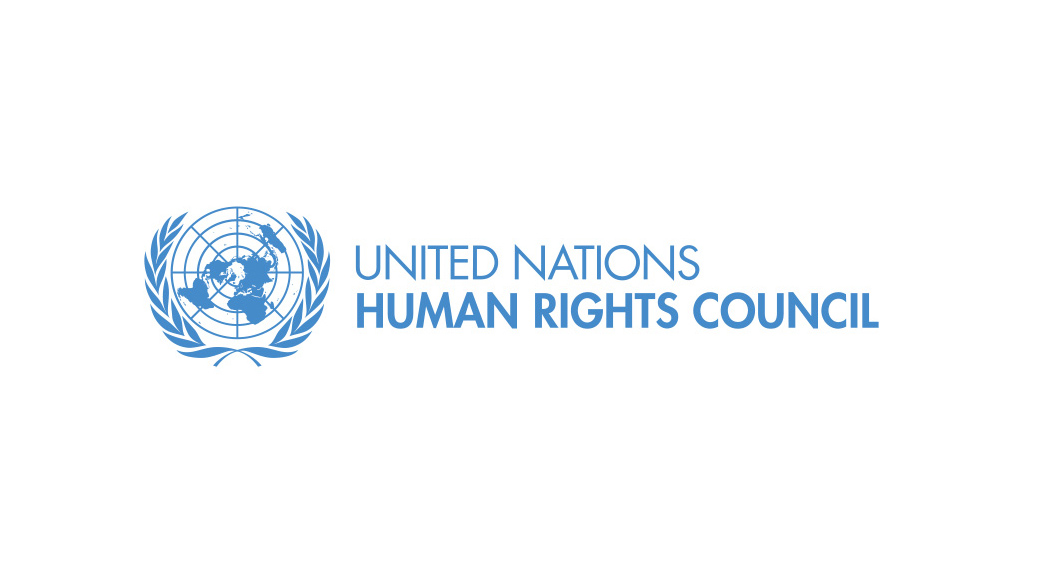Panel discussion on the most efficient ways of upholding good governance to address the human rights impacts of the various digital divides
4 September 2023, 10:00 – 12:00 pm, 3:00 pm – 5:00 pm (UTC+2)
Palais des Nations, Geneva, and via online streaming (Zoom)
Opening remarks
- Mr. Volker Türk, United Nations High Commissioner for Human Rights.
- H.E. Mr. Václav Bálek, President of the Human Rights Council
- Ms. Adriana Quiñones, Head of Human Rights and Development, UN Women Geneva Office
Session 1
Moderated by Mr. Nicolas Fasel, Chief Statistician, OHCHR
Panellists:
- Mr. Mark Cassayre, Permanent Observer to the UN and International Organizations in Geneva, International Development Law Organization
- Mr. Dominik Rozkrut, President of Statistics Poland
- Ms. Mariana Neves, Governance Statistics Specialist, Oslo Governance Centre, UNDP
- Ms. Farida Shaheed, UN Special Rapporteur on the Right to Education
- Ms. Caitlin Kraft-Buchman, CEO/Founder of Women at the Table and Cofounder/Leader of <A+> Alliance
Session 1:
Human rights-based approach to data and indicators as a means of measuring good governance and bridging the digital divides Many forms of the digital divides remain between and within countries, and between men and women, boys and girls, older and younger persons, and persons with disabilities. Those who find themselves on the “disadvantaged side” of the digital divides are being left behind, unable to access education and training, or news and information that can help protect their health, safety, and rights. As a result, digital inequality perpetuates existing social disparities and reinforces economic and political inequalities.
Hence, while digital divide is an issue that needs to be unpacked and assessed, data and indicators remain a crucial tool to bridge the gaps and address the underlying inequalities causing the digital divides. In contrast, data plays a pivotal role for duty bearers to measure good governance and respond to the needs and aspirations of individuals and groups. It also empowers right holders by enabling them to know the process and action of their government, allowing them to hold authorities accountable when appropriate. A human rights-based approach to data offers an opportunity to ensure that no one is left behind through the data collection processes.
This approach entails collecting disaggregated data, fostering meaningful participation from all individuals, ensuring transparent access to data for everyone, and holding duty bearers accountable. By applying the human right based approach to data, democratic institutions, services delivery, efforts to combat corruption and overall good governance can be strengthened and improved, guided by the human rights standards and principles and the rule of law.
This session will begin by unpacking the digital divides, including digital literacy, from a human right lens. Subsequently, it will explore the role of data in identifying, analyzing, and addressing inequalities, with a specific emphasis on how data enables measuring good governance but also how do the digital divides manifest in the different forms of data protection legal regimes.
Last modified: August 24, 2023
